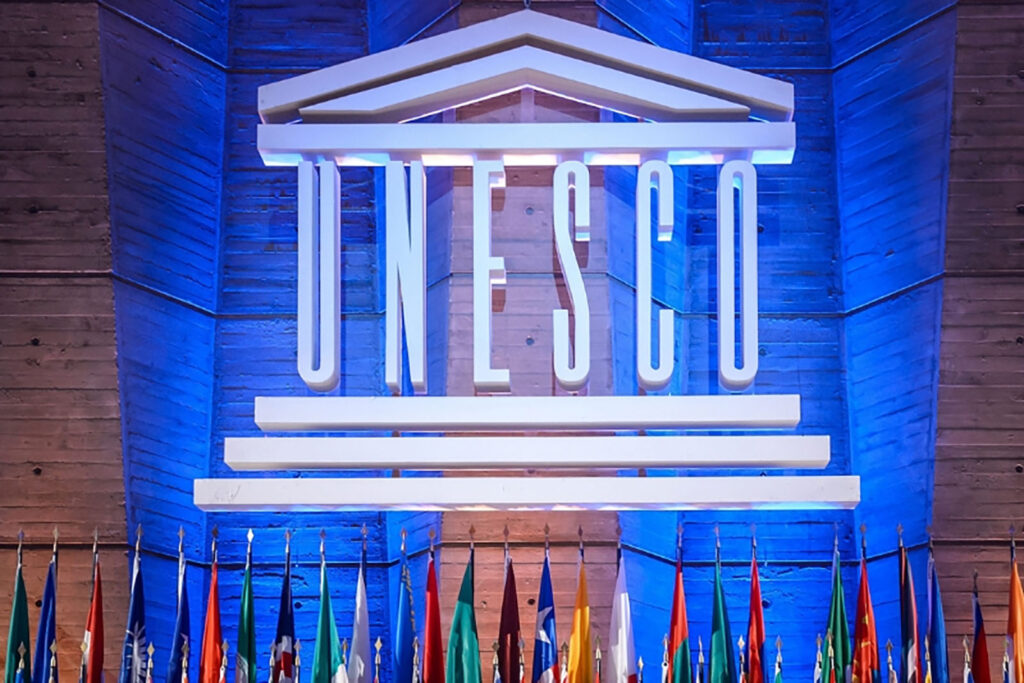Photo credit: UNESCO
By Aleyna Agor, MIPP
It was not long ago that my Google search history was filled with questions similar to the following:
What to do if you want to work for the UN?
How can I intern with the UN?
How to get a job at the UN?
What qualifications do I need to work at the UN?
Along with these questions, I was also researching the best master’s program in Canada that will help me reach my long-term goals. One of these goals was to be involved with an international organization – and my top choice was the United Nations (UN). This was partly because of my interest in studying human rights issues and the UN’s positive reputation in promoting and advancing human rights with support from other countries. For this reason, once I came across the one-year Master of International Public Policy (MIPP) degree at the Wilfrid Laurier University’s website, this interdisciplinary program quickly became my top choice.
The Laurier MIPP degree at the Balsillie School of International Affairs (BSIA) gives students the opportunity for a six-month internship with UN agencies around the globe, in addition to helping us develop policy briefs in collaboration with Global Affairs Canada during the second and third terms. Upon graduation, I was one of the students that were granted the chance to intern with the United Nations Association in Canada (UNAC). Their international development and diplomacy internship program placement allows motivated youth to engage in meaningful work with a UN office as a Junior Professional Consultant (JPC).
My interest in the human rights field motivated me to accept an offer from the United Nations Educational, Scientific and Cultural Organization (UNESCO) India to complete my internship. This location was specifically seeking support within the areas of gender analysis and education at the time. Some of my daily tasks working as a JPC include editing and reviewing reports, taking the lead on certain initiatives, participating in the conceptualization and development of projects, and many other assigned materials by my supervisor. I am not only building an understanding of the UN system, but also learning how to effectively identify solutions to address the root causes of problems. For instance, our office contributes to networking, mobilization and coordination of partners working in the education sector. Consequently, interns like myself are also given the opportunity to be part of meetings, offer feedback, and help create feasible and effective strategies/ interventions that cause progress in India’s education sector.
Overall, this internship experience has allowed me to put the analysis, research and writing skills I gained throughout my master’s into practice. While I am participating in this internship remotely, my co-workers and fellow interns are finding ways to get past the barriers that come with working in different time zones. Our team includes two recent MIPP graduates completing the internship virtually, while a Master of Global Governance (MAGG) student interning in-person with the team. Since the three of us were all enrolled in the master’s programs at the BSIA, we were exposed to a similar multi-disciplined teaching approach by our professors. This arguably allowed us to get acquainted fairly quickly and have the necessary background knowledge to succeed as a group.
Stay tuned for my next blog, where I will share more details on my remote internship journey working as a JPC with a UN office!
